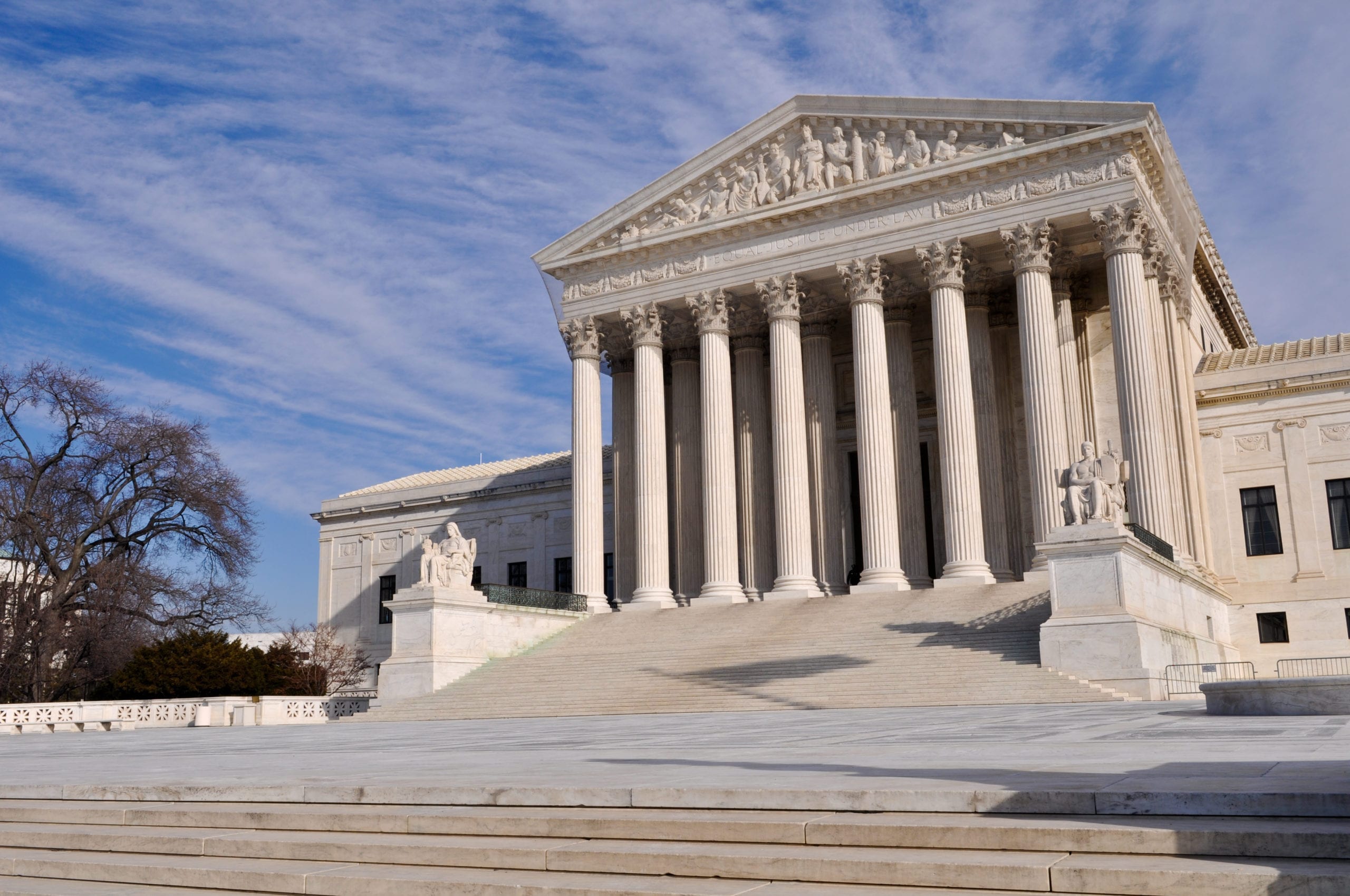Can I Challenge A Denial of Life Insurance Benefits Under ERISA?
Yes, you can challenge a denial of life insurance benefits under ERISA. The Employee Retirement Income Security Act of 1974 (ERISA) is a federal law that sets minimum standards for most voluntarily established retirement and health plans in private industry to provide protection for individuals in these plans. Some private sector employers offer life insurance benefits to their employees, and the life insurance benefit may be governed by the ERISA rules. An employee or beneficiary of an employee has the right to challenge how the employer is operating an ERISA governed plan, including a life insurance benefit.
Requirement of Administrative Appeal Process
One of the important rules of claiming benefits under an ERISA plan is to follow the rules set forth by the plan, so long as the rules are compliant with ERISA. Under ERISA, a plan administrator is permitted to require claimants to go through administrative appeals prior to filing a lawsuit. Failure to follow these rules can result in a lawsuit claiming the benefits to be dismissed on procedural grounds. If your lawsuit is dismissed on procedural grounds, you lose the ability to challenge the denial of life insurance benefits under ERISA before your case even really starts.
In Orr v. Assurant Employee Benefits, 786 F.3d 596 (7th Cir. 2015), the employee died, and his beneficiaries claimed life insurance benefits under a group life insurance plan governed by ERISA. The benefits were originally denied under the terms of the plan, because the employee allegedly died in an accident while intoxicated. The terms of the plan required two levels of administrative appeals. The beneficiaries did not engage in both administrative remedies, and filed suit. The administrator advised plaintiffs of the two required appeals, and specifically stated that the failure to complete both reviews could result in dismissal of a lawsuit.
The court first rejected plaintiffs’ argument that they had pursued two appeals, and concluded that they had not exhausted their administrative remedies. The court also found that exhaustion would not have been futile.
GENERALLY, A FAILURE TO EXHAUST ADMINISTRATIVE REMEDIES WILL BE EXCUSED IN FEW LIMITED CIRCUMSTANCES—WHEN RESORT TO ADMINISTRATIVE REMEDIES WOULD BE FUTILE, GALLEGOS V. MOUNT SINAI MED. CTR., 210 F.3D 803, 808 (7TH CIR. 2000), WHEN THE REMEDY PROVIDED IS INADEQUATE, ID., OR WHERE THERE IS A LACK OF ACCESS TO MEANINGFUL REVIEW PROCEDURES, SCHORSCH V. RELIANCE STANDARD LIFE INS. CO., 693 F.3D 734, 739 (7TH CIR. 2012). THE ORRS DO NOT CLAIM THAT FURTHER PURSUIT OF ADMINISTRATIVE REVIEW WOULD HAVE BEEN FUTILE, THAT THE ADMINISTRATIVE REMEDY SOUGHT IS INADEQUATE, OR THAT THEY WERE DENIED ACCESS TO MEANINGFUL REVIEW PROCEDURES.
The court also rejected plaintiffs’ “novel grounds” to excuse the exhaustion requirement. As the Court explained, where the appeal procedure is clearly spelled out, a misinterpretation of their obligations cannot excuse a failure to exhaust. Unfortunately, the deceased’s beneficiaries were not give a full opportunity to challenge the denial of the life insurance benefit. Had they been afforded the ability to mount a substantive challenge, the might have been able to receive the life insurance benefits. To read about a case where a challenge to benefits was permitted to proceed, click here.








